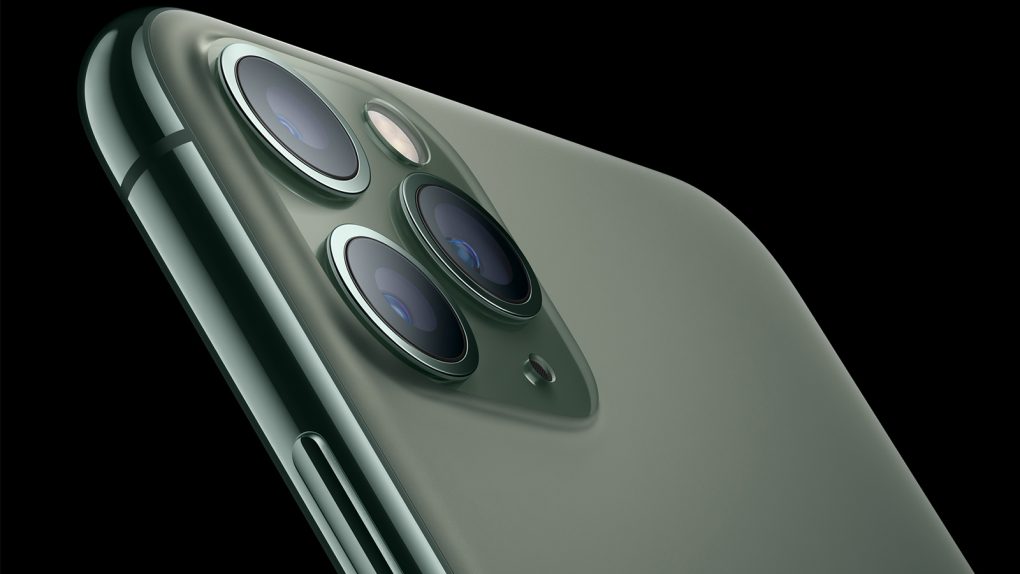Back in 2012 after Apple had been the clear winner in the smartphone market for some time, Samsung boldly stated that people would soon be just as obsessed with its smartphones as they were with iPhones. Then, the company delivered on that impossible promise. The company didn’t change its smartphones very much, because it knew that its smartphones weren’t the problem. The problem was the perception that iPhones were cool and Android phones were not, so Samsung dumped tens of billions — literally, tens of billions — into marketing and advertising campaigns that slammed the iPhone and positioned its own smartphones as the cool alternatives. All that marketing paid off, and Samsung would soon become the top smartphone vendor in the world.
It wasn’t quite a shift of the same magnitude and it didn’t cost tens of billions of dollars to pull off, but something similar happened a few years ago. Apple’s iPhones had long been the best camera phones on the planet by a wide margin, and a couple of Android phone makers decided enough was enough. They upped their R&D spending, got their hands on better mobile camera sensors, and developed software that dramatically enhanced the quality of photos and videos captured on their smartphones. The end result was a seachange that saw Huawei, Google, and even Samsung release smartphones with camera quality that far surpassed the cameras on Apple’s rival iPhones. Until now.
In 2019, Apple retook its crown and once again released iPhones with the best mobile cameras on the planet. The company clearly wasn’t happy at having lost its seat on the throne, because it threw everything it had into the cameras on the iPhone 11, iPhone 11 Pro, and iPhone 11 Pro Max. New hardware adds an ultra-wide-angle lens that captures stunning landscape shots. New Deep Fusion software tech that just rolled out in Apple’s iOS 13.2 beta software dramatically improves clarity in medium light, and the new Night mode produces jaw-dropping photos in low and mixed light. We’ve shared plenty of examples of Night mode shots in the past, but look at this one we just found, which was posted by a MacRumors forum user with the handle “Advil.” It’s unbelievable:

Of course, we’re not the only ones who have taken notice of how much better the new camera system is on Apple’s iPhone 11 line. People who have bought a new iPhone 11, iPhone 11 Pro, or iPhone 11 Pro Max are obviously blown away as well. In fact, even hardcore Android fans are admitting how incredible Apple’s upgraded mobile cameras are.
It’s not exactly a mystery that Android news blog Android Central focuses its coverage on Google’s mobile OS and the devices on which it runs, but there was so much buzz surrounding Apple’s new iPhone 11 cameras that the site’s Editor decided to take an iPhone 11 Pro for a spin. He created an extensive shootout that compares the cameras on the iPhone 11 Pro, Galaxy Note 10, Google Pixel 3, and Huawei P30 Pro, and you can check out the entire showdown right here. If you just want the gist of it though, you’ll find it in a single tweet from the Editor who conducted the camera tests:
The iPhone 11 Pro’s cameras are legitimately great. The Pixel 3 is the only one of the group that’s close, mostly because of low light and consistency. The Note and P30 lose out in different aspects; despite being really good on their own, side-by-side they’re not good enough. https://t.co/XK3eoDWmdm
— Andrew Martonik (@andrewmartonik) October 1, 2019








